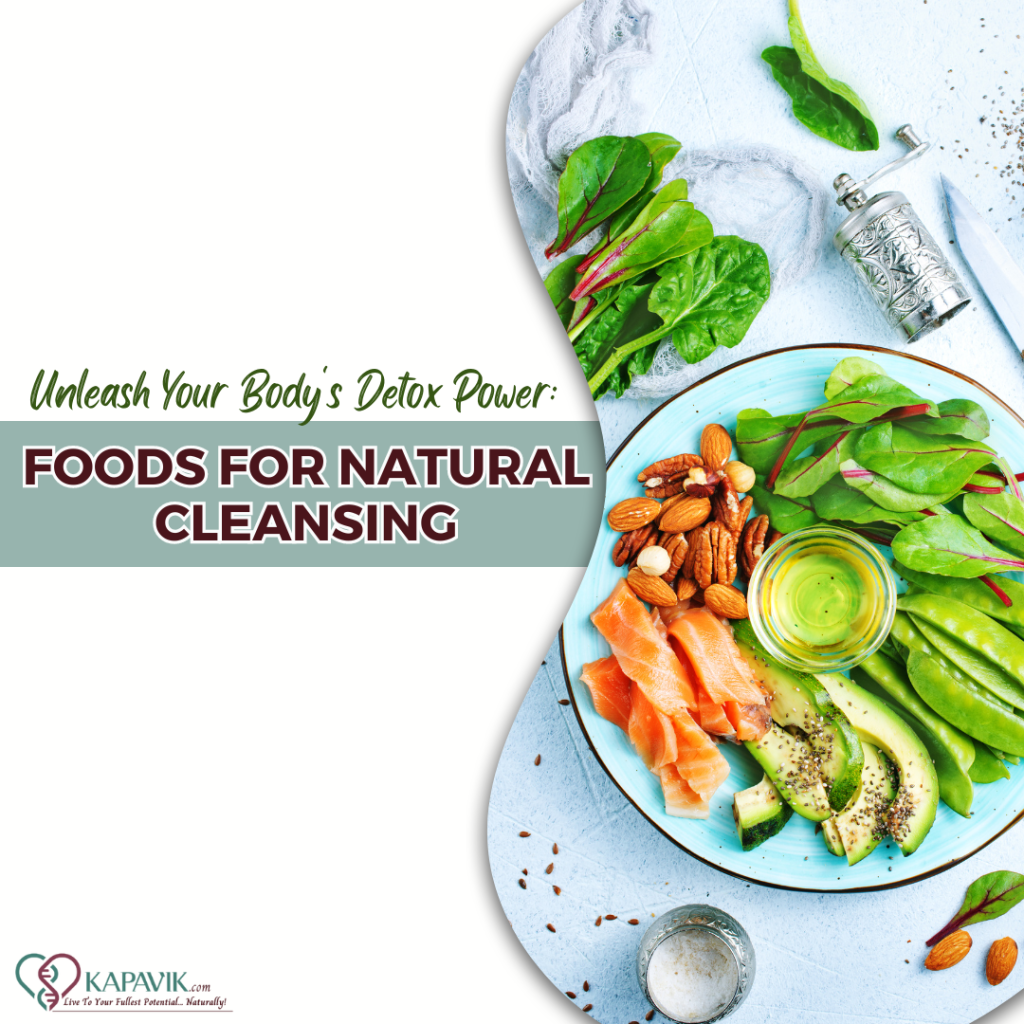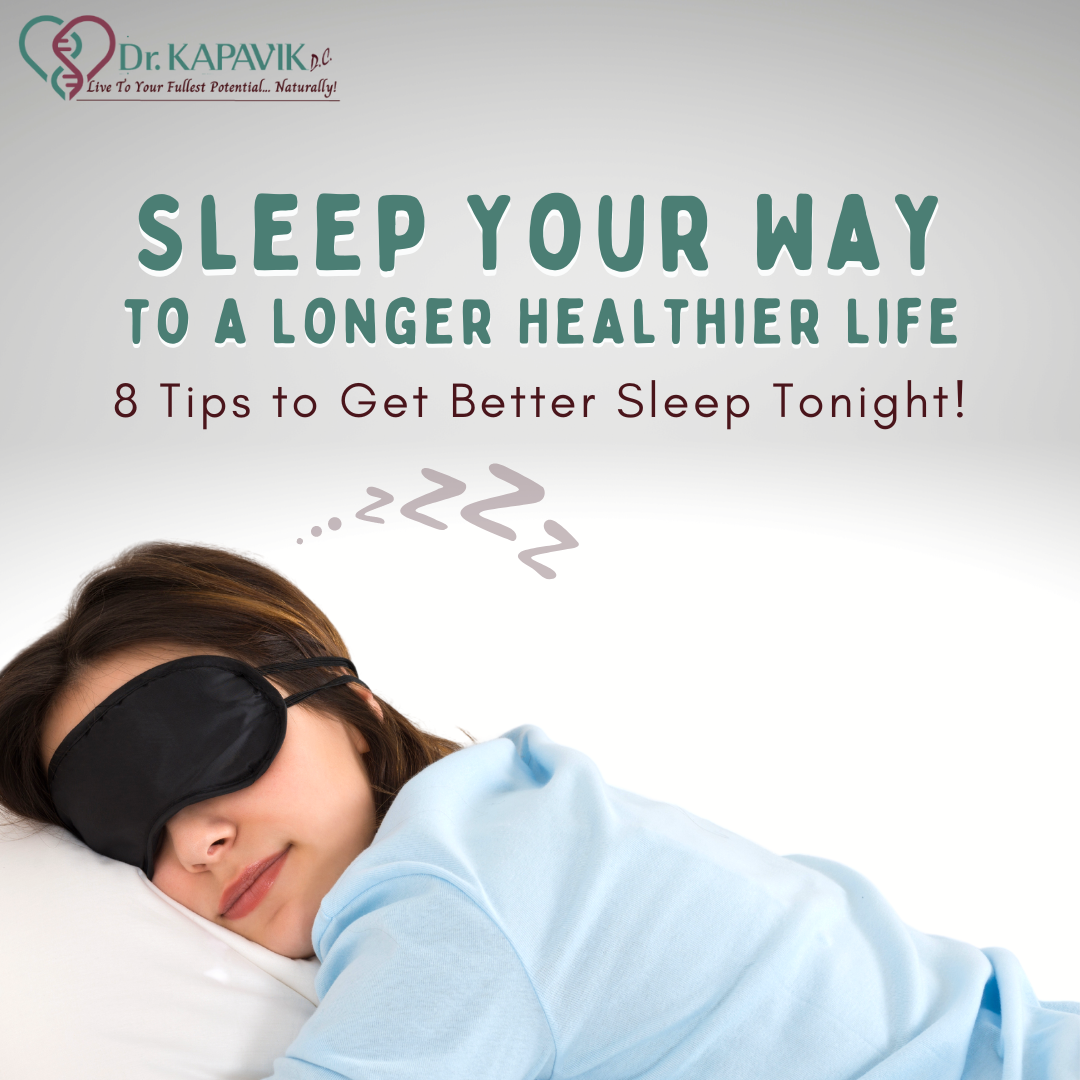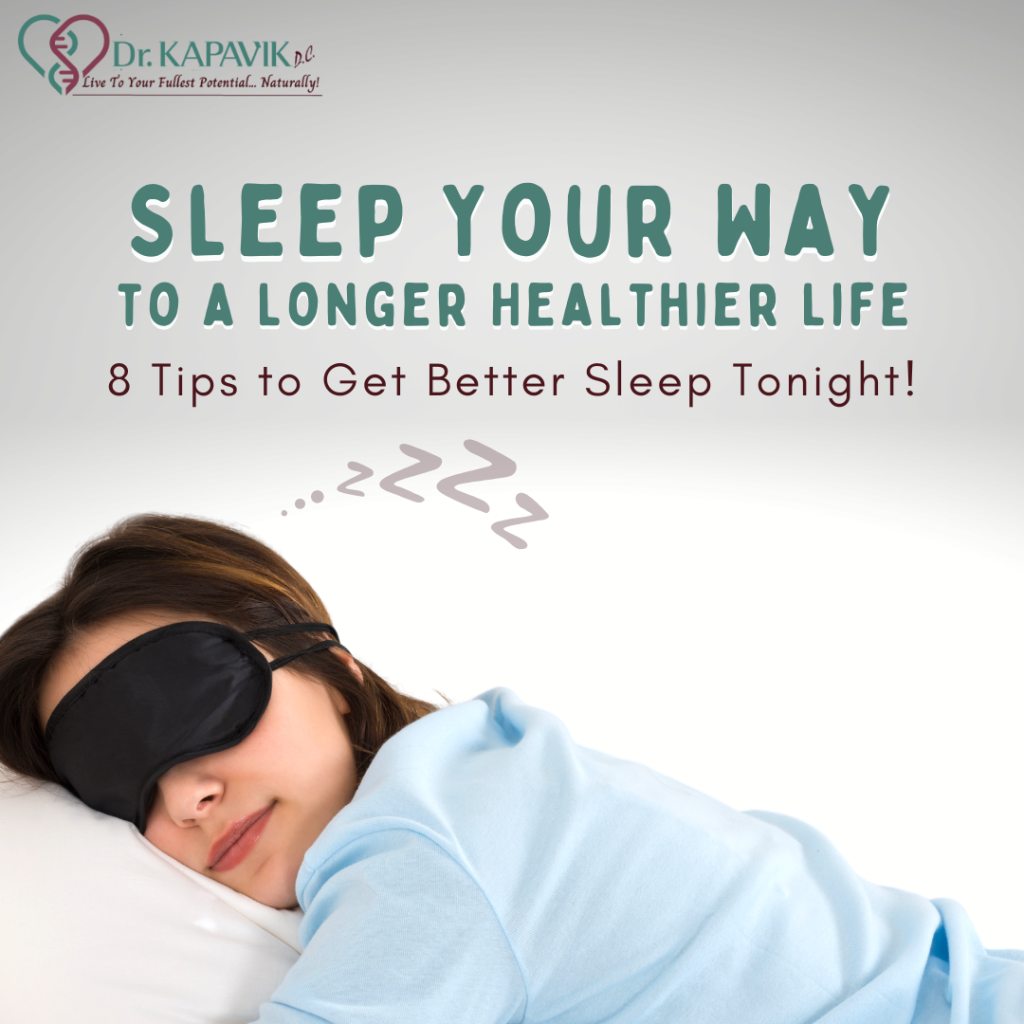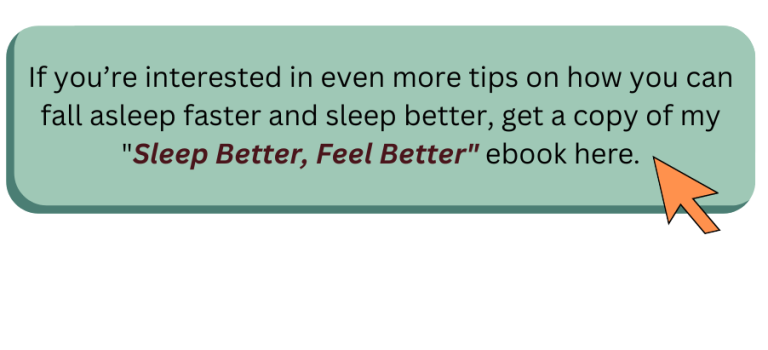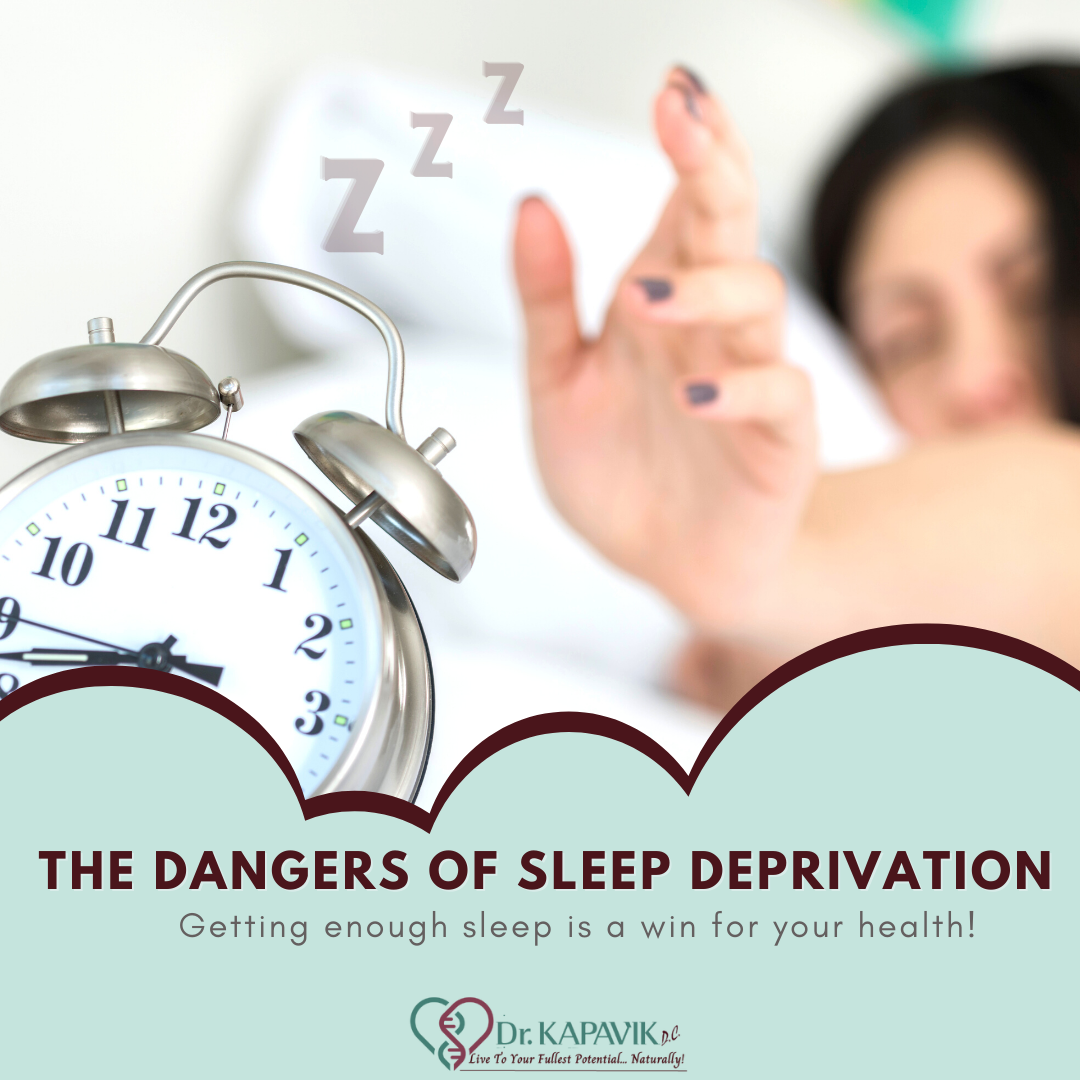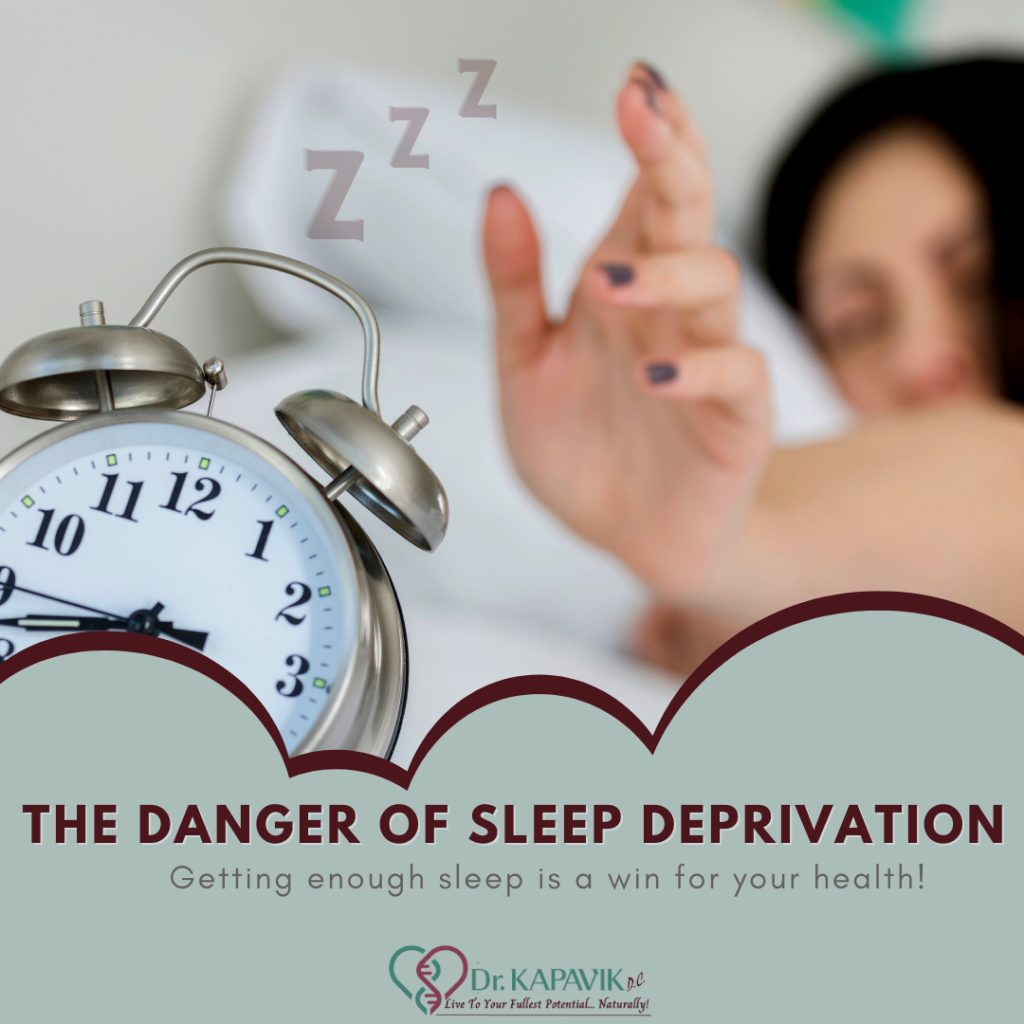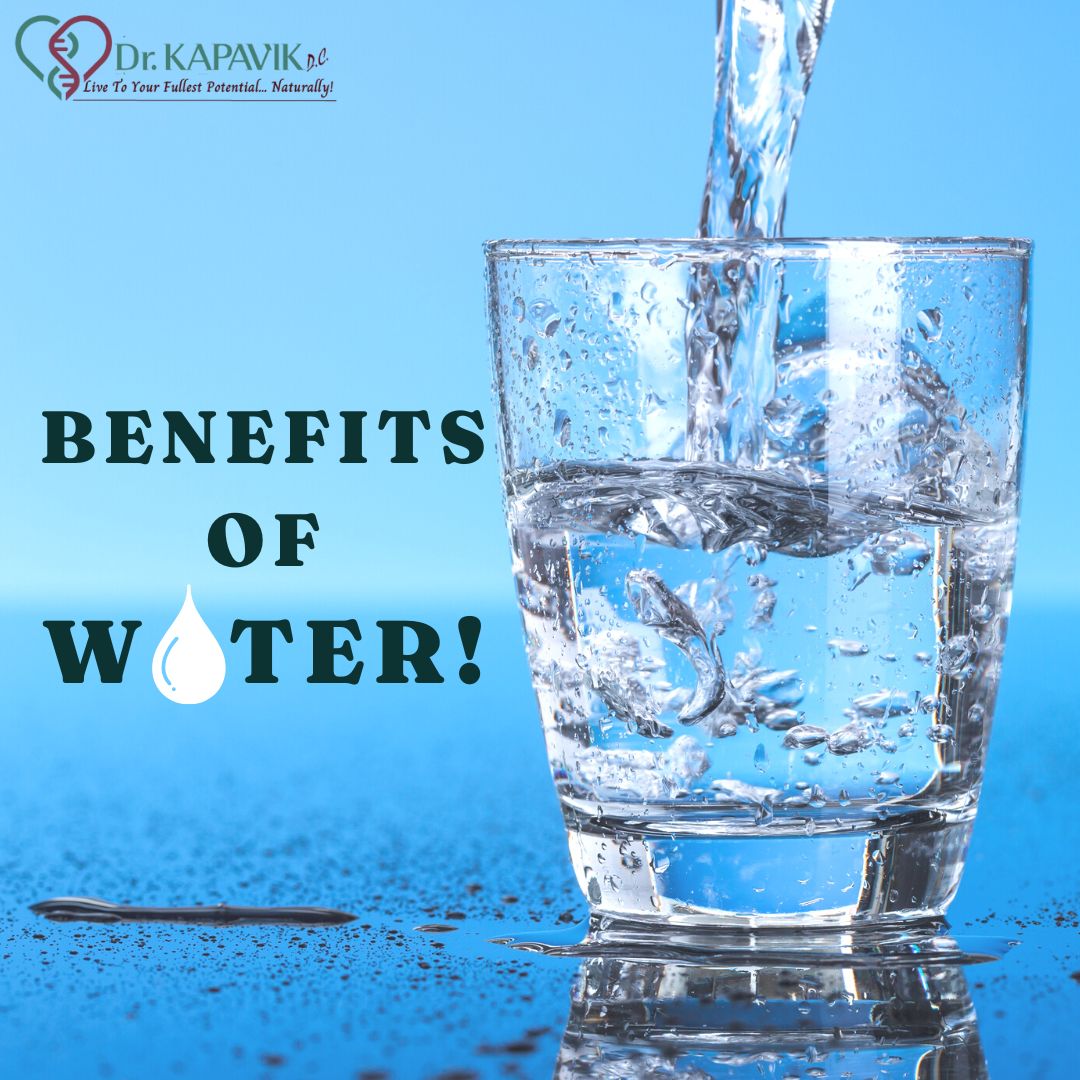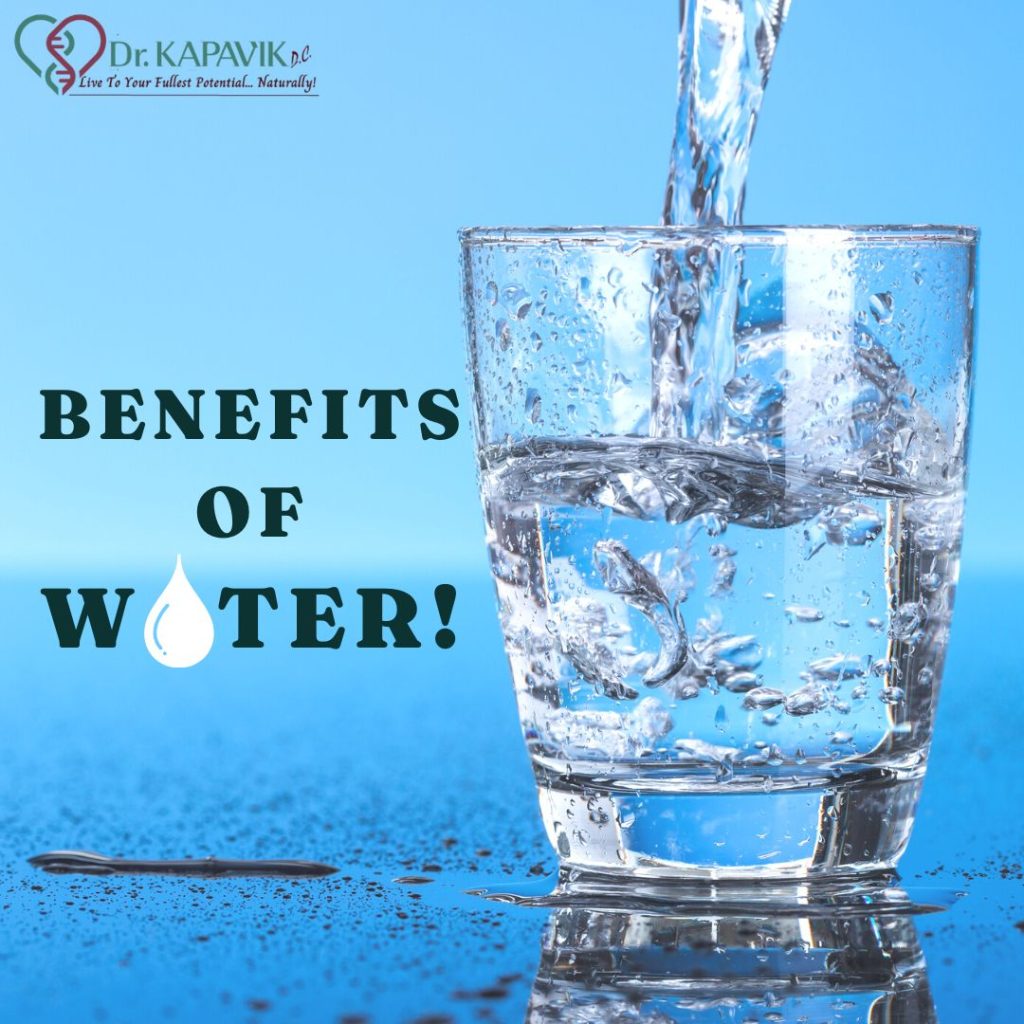The Surprising Truth about Stress
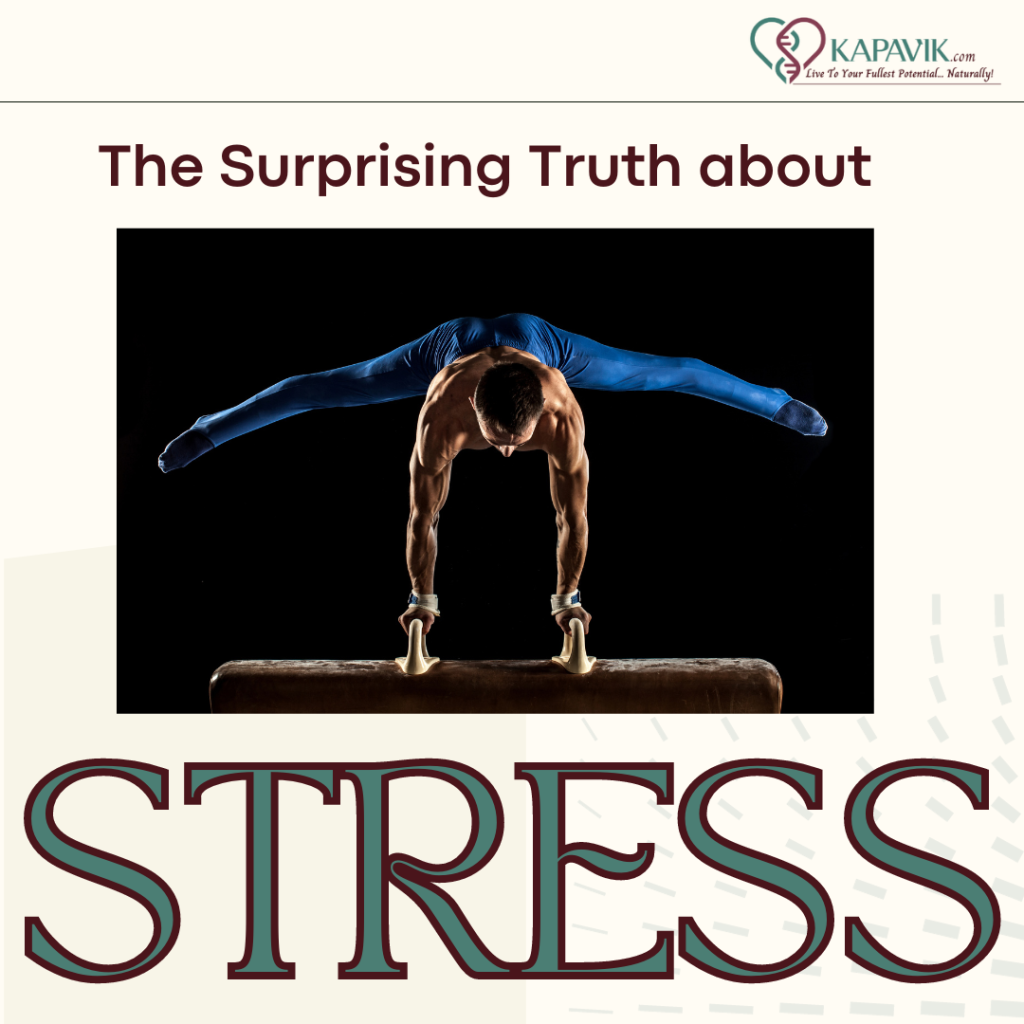
How often do you wake up in the morning thinking about the stressful day that you’re “sure” you’re going to have?
Now imagine a world where stress isn’t your enemy…a world where life’s challenges aren’t hurdles to fear but growth opportunities.
The word stress often carries a heavy burden. We have come to associate it with a myriad of health issues and other problems.
But what if I tell you that stress is not your enemy?
What if I tell you the real enemy is how you view stress?
What if… it is your mindset.
Have you ever considered stress a powerful force for good or a catalyst for growth and resilience?
THE SURPRISING TRUTH ABOUT STRESS
Because of our personal experiences, experiences of those around us, and the media, we have been conditioned to view stress as a harmful or even life-threatening force.
However, recent studies tell us that it is not stress that is harmful but our perception of it.
Consider a study that tracked 30,000 adults in the United States for eight years. Participants were asked about their stress levels over the past year and whether they believed stress was detrimental to their health.
The results were fascinating!
People who experienced significant stress had a 43% increased risk of dying… That isn’t too surprising… What is surprising is that ONLY those who perceived stress as harmful had a 43% increased risk of dying.
On the contrary, people who experienced significant stress yet did NOT perceive it as harmful had the lowest risk of premature death! EVEN compared to those with relatively low stress levels.
THE POWER OF PERCEPTION
This paradox shows the profound influence of our mindset. How we perceive and interpret stress can fundamentally shape our physiological responses to it.
When we view stress as a threat, our bodies react with tension, discomfort, and feelings of potential harm.
Stress is not something to be avoided yet to be embraced. Everyone has it… It is a constant… So, we must learn to view it as a part of life.
This brings us to the question: how can we harness stress as a force for growth and well-being? It begins with a shift in mindset, viewing stress as an ally rather than an adversary. Stress can:
- Improve Alertness and Performance: When we perceive stress positively. It enhances our cognitive performance, boosts, memory, and prepares us for action.
- Facilitate Growth: Stress can be a catalyst for personal and emotional growth, helping us navigate life’s challenges with resilience and determination.
THE HOLISTIC APPROACH TO MANAGING STRESS
While embracing stress is essential, it is equally important to manage it effectively.
Managing stress is not about eliminating stress. It is about finding a healthy balance.
Check out some strategies to manage stress so it can be used to your benefit!
1. Nutrition: What you eat absolutely impacts your stress levels! A balanced diet rich in stress-reducing nutrients like salmon, fiber-rich green vegetables, nuts, oysters, dark chocolate, and many others can help regulate stress hormones, improve mood, and boost energy levels.
2. Sleep: Quality sleep is crucial for stress management! Your body heals during sleep. It allows your body and mind to rejuvenate, enhancing your physical and mental performance.
3. Breathing and Mindfulness: These powerful practices can help you stay grounded and present. They help reduce anxiety and help you cope with stress better.
4. Joyful Movement: These are different types of movements that you can do that bring you joy and help release your happy hormones, like dancing, swimming, running, walking, etc. Whatever you enjoy!
EMBRACE STRESS AS YOUR SUPERPOWER
In our journey toward holistic health and well-being, reframing our mindset about stress will help us develop a productive relationship with it. Instead of fearing it, let’s embrace it as our superpower!
Remember that when we change the way we look at things, the things we look at change! View stress as a part of life and a powerful force for growth. When it is managed effectively through the different techniques mentioned above, stress can truly become a powerful force for positive change in our lives.








